Who is Uber's new boss Dara Khosrowshahi?
Global firm's CEO is a high-flying Iranian-American with a PR crisis to fix and a predecessor who's still involved

A free daily email with the biggest news stories of the day – and the best features from TheWeek.com
You are now subscribed
Your newsletter sign-up was successful
Uber faces 'hundreds more claims' for driver back-pay
4 November
A landmark tribunal verdict that ruled that Uber drivers cannot be considered self-employed is set to open the floodgates to hundreds, if not thousands, of similar claims.
Earlier this week an employment tribunal found in favour of two drivers who argued they were in reality "employed as workers and should therefore benefit from the minimum wage, holiday pay and sick pay", says The Guardian.
The Week
Escape your echo chamber. Get the facts behind the news, plus analysis from multiple perspectives.

Sign up for The Week's Free Newsletters
From our morning news briefing to a weekly Good News Newsletter, get the best of The Week delivered directly to your inbox.
From our morning news briefing to a weekly Good News Newsletter, get the best of The Week delivered directly to your inbox.
The duo were test cases selected by the GMB union and Leigh Day solicitors to represent the claims of 19 Uber drivers. Following their success, they say hundreds more claims will follow.
"We have received hundreds of inquiries from Uber drivers who are unhappy with their working conditions and are interested in bringing a claim for back pay of holiday pay and back pay of the national minimum wage," says Annie Powell, an employment lawyer at Leigh Day.
"We will lodge further employment tribunal claims with the support of the GMB union."
Steve Garelick, the secretary of the professional drivers' branch of the GMB union, says the new claims are evidence "drivers have finally realised they have a voice".
A free daily email with the biggest news stories of the day – and the best features from TheWeek.com
The ruling means that instead of classifying the drivers as self-employed, which excludes them from receiving most employment protections, Uber must classed them as "workers".
This is a middle ground in UK employment law that has no status in tax law. It entitles the drivers to the national minimum wage, sick pay and holiday pay, but not redundancy pay or unfair dismissal claims.
Uber says it will appeal the ruling and sent its drivers an email saying the case is unique and its general terms of business will not change.
The company consistently cites internal surveys showing that three-quarters of its 40,000 drivers are happy with their status. However, that still implies as many as 10,000 are not – and if upheld, the ruling could in any case bring HMRC charges over minimum wage breaches.
The case has implications for companies across the wider "gig economy" that claim to link freelancers or small businesses with customers, but not to be employers themselves.
The judges dismissed such claims from Uber, saying it was "unreal to deny that Uber is in business as a supplier of transportation services" and that "simple common sense argues to the contrary".
Uber 'misleading drivers' over tribunal verdict
31 October
Friday's employment tribunal verdict over the status of drivers at Uber has "echoes around the world", according to the Financial Times.
In a landmark judgement, tribunal judges in London ruled in favour of two drivers who claimed they should not be defined as self-employed and should therefore be entitled to holiday and sick pay from the ride-sharing company.
This is a huge knock to Uber's business model and has implications for a host of other global businesses in what is known as the "gig economy", the new class of service industry that links freelancers to customers.
The company says it's a technology pioneer rather than a transport provider and that it merely provides an app for use by freelance taxi drivers, a claim the judges said was "faintly ridiculous".
However, Uber is not going down without a fight, says The Guardian.
In a move that has drawn criticism from the GMB union, which brought the original tribunal claim, the company has written to its 40,000 UK drivers to say the case is unique and will not result in a change of its terms of business.
"It's very important to note that today's decision only affects two individuals and Uber will be appealing it," said an email signed by Jo Bertram, the regional general manager for northern Europe.
"There will be no change to your partnership with Uber… and we will continue to support the overwhelming majority of drivers who tell us that they use the Uber app to be their own boss and choose when and where to drive."
Maria Ludkin, the GMB's legal director, said: "Even after the judge found Ms Bertram's evidence lacked credibility and described her as 'grimly loyal', she continues to try and advance a misleading and false set of facts."
Even if Uber's appeal against the tribunal's decision proves to be unsuccessful, the ruling does not mean drivers will get full employment rights as the judges chose to designate drivers under what the Financial Times calls a "middle way" in UK employment law. Instead of "employees", they are classed as "workers", meaning they have "some of the rights of employees but not all".
The government website says "workers" receive the minimum wage and holiday pay, but are not entitled to minimum notice periods, redundancy pay or unfair dismissal protection.
Uber awaits verdict in 'employment law case of the year'
13 October
An employment tribunal into the work status of Uber drivers could have wider implications for self-employed workers.
Nineteen drivers are challenging the company's claim that they are self-employed and therefore not entitled to holiday leave, sick pay or pension contributions.
If the court finds in the drivers' favour, Uber would "have to give drivers back-pay for unpaid benefits in the UK, and pick up the future cost of those benefits", says the BBC.
Such a decision would also mean drivers are entitled to the minimum wage. Some fall short once the company has deducted its 20 per cent commission.
More crucially, it would set a legal precedent that could undermine Uber's business model around the world.
Uber says it is a tech company that owns an app used by freelancer drivers, rather than a taxi company. If courts decide otherwise, it would be a victory for traditional cab companies everywhere.
The suit has been dubbed "the employment law case of the year" and is a test case not only for Uber, but for the so-called "gig economy" as a whole, says Luke Bowery, a partner at Burgess Salmon.
A report by consultancy McKinsey & Company says as many as 14 million people in the UK can now be classed as self-employed or independent workers.
Uber: 'Sadiq Khan is discriminating against our drivers'
14 September
Uber has called again on its customers to complain en masse to London mayor Sadiq Khan over a package of reforms affecting the taxi sector.
The San Francisco-based ride-hailing app developer has even gone as far as branding the plans "discriminatory" and particularly harmful for its many drivers born outside the UK, reports The Guardian.
Khan has outlined a series of policy measures, including £65m in grants for black cab drivers who replace older cars with less polluting vehicles.
The plans will also mean that by 2020 there will be 20 new taxi ranks and that from this year black cabs will have new rights to drive in an additional 20 bus lanes.
Khan also confirmed he will go ahead with proposals to introduce onerous English language tests for minicab drivers, including a written exam. These are currently the subject of a legal challenge by Uber.
Tom Elvidge, general manager of Uber in London, said: "While black cabs will get £65m from the taxpayer, the Mayor is piling extra costs and red tape onto licensed private hire drivers.
"This plan will cost drivers who use Uber hundreds of pounds and thousands may lose their livelihoods as a result. Fewer drivers will mean longer waiting times for passengers."
Elvidge added: "Many drivers who use Uber are immigrants. They work hard to look after themselves and their families. Driving has given them an opportunity to integrate into their local community.
"The mayor should be supporting these drivers, not penalising them."
Khan said: "Our new taxi and private-hire action plan will help us deliver a truly world-class service for Londoners and create a vibrant taxi and private-hire market where all providers can continue to flourish.
"From my first day at City Hall I have been determined to drive up standards and improve safety for every passenger in London, while protecting the future of our iconic black cabs that provide a unique and invaluable service for Londoners.”
Uber to challenge plans for English language tests for drivers
2 September
Uber has been granted the right to take Transport for London (TfL) to court over new rules that insist its drivers must pass a written English exam.
The global web-based transport firm is to ask for exemptions to be put in place for some drivers after the High Court accepted TfL's insistence drivers take tests from 1 October.
There will be reading, writing and listening tests for all private hire drivers, not just Uber's. Uber supported the idea at first, reports the BBC, but now objects to the reading and writing requirement, saying it is unnecessary and costly.
The firm believes thousands of its 30,000 drivers in London will be affected. If the new proposals go through, drivers will be required to produce a certificate showing they have passed intermediate level exams.
Reacting to the news, TfL said: "We note that the court has refused permission for judicial review of the principle and standard of English language test, the requirement for hire and reward insurance and the ability for customers to speak to someone by telephone.
"We are determined to create a vibrant taxi and private hire market, with space for all providers to flourish. We look forward to the remaining issues being resolved in due course."
Uber said it was "pleased" the judge had agreed to hear its case for exemptions. Tom Elvidge, general manager of Uber London, said: "TfL's plans threaten the livelihoods of thousands of drivers in London, while also stifling tech companies like Uber."
TfL says the tests will "enhance public safety". The High Court has also agreed to its requirement that Uber provide a call centre for passengers to contact during a journey, if needed.
Uber, which has its European headquarters in Ireland, is to challenge the need to base the call centre in London, says the BBC.
Uber's business model – where drivers use their own cars and do not receive the exhaustive training of a traditional black cab driver – has bred resentment among its rivals. But the firm, which was founded in 2009, has gone global in just seven years.
-
 ‘Those rights don’t exist to protect criminals’
‘Those rights don’t exist to protect criminals’Instant Opinion Opinion, comment and editorials of the day
-
 Key Bangladesh election returns old guard to power
Key Bangladesh election returns old guard to powerSpeed Read The Bangladesh Nationalist Party claimed a decisive victory
-
 Judge blocks Hegseth from punishing Kelly over video
Judge blocks Hegseth from punishing Kelly over videoSpeed Read Defense Secretary Pete Hegseth pushed for the senator to be demoted over a video in which he reminds military officials they should refuse illegal orders
-
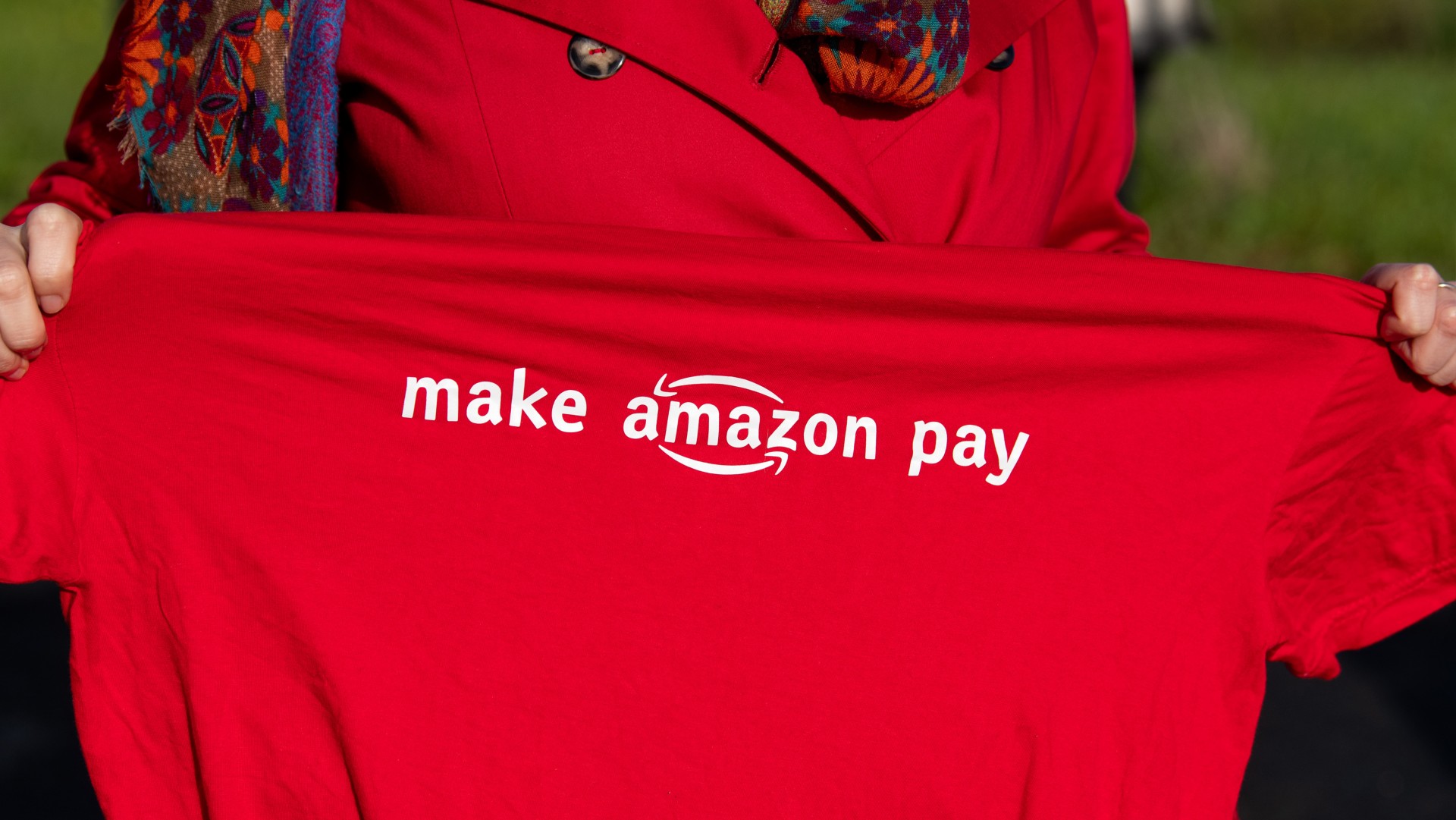 How Amazon’s first UK strike could be a sign of things to come
How Amazon’s first UK strike could be a sign of things to comefeature Big Tech is facing increasing pressure from unions as cost-of-living crisis fuels nationwide unrest
-
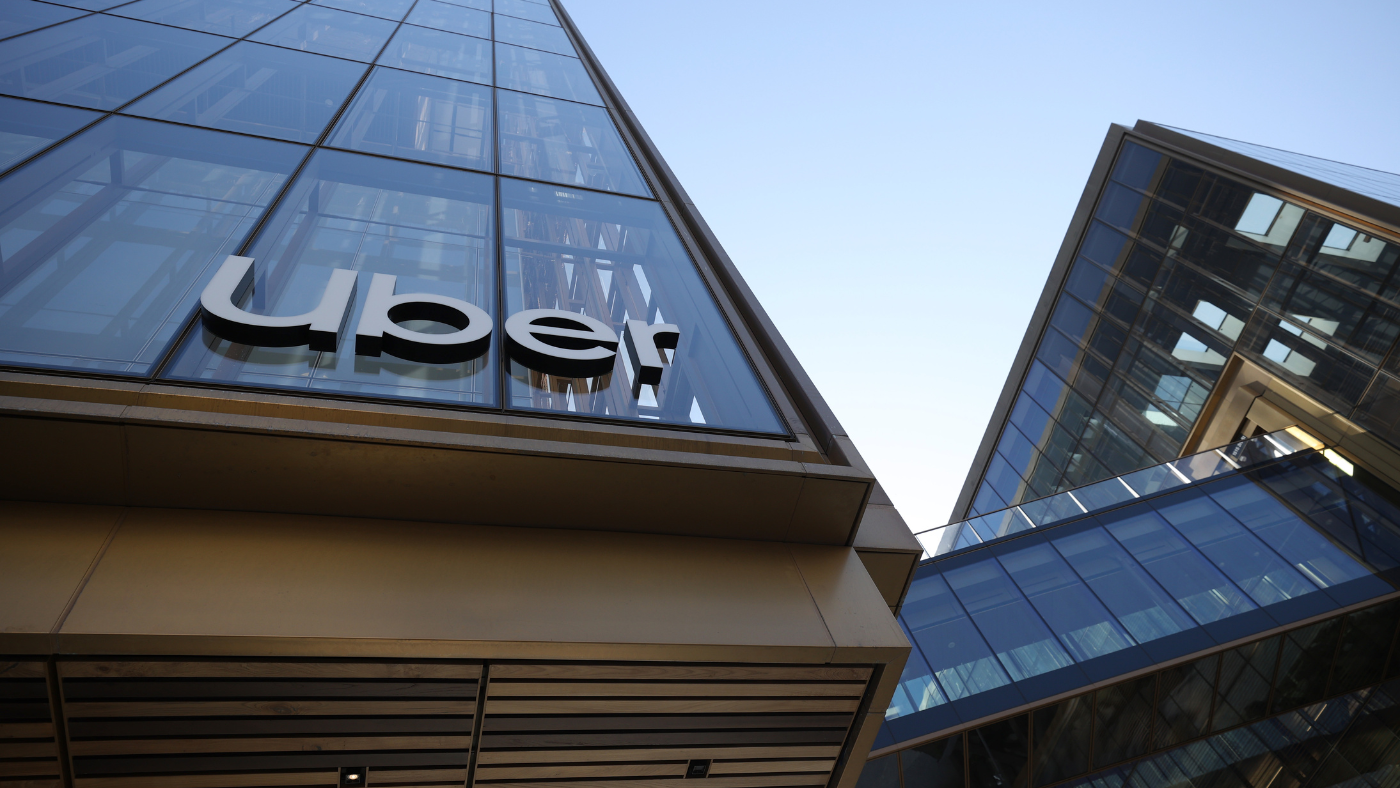 Uber files: what ‘unprecedented leak’ revealed
Uber files: what ‘unprecedented leak’ revealedSpeed Read Investigation exposes extent of government lobbying by Silicon Valley start-up between 2013 and 2017
-
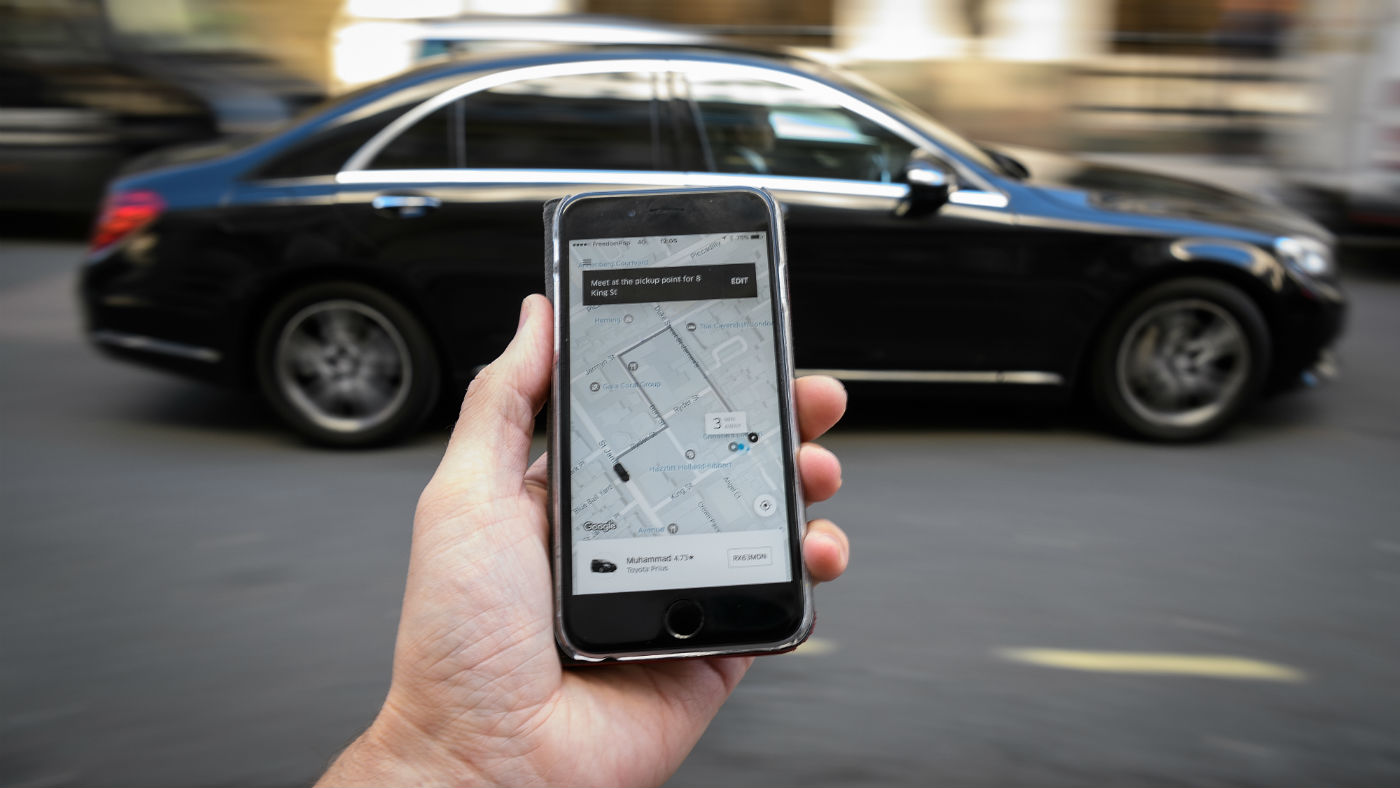 Uber vehicle fleet to be fully electric by 2040
Uber vehicle fleet to be fully electric by 2040Speed Read Ride-hailing company is setting 2030 target for UK in new plan to tackle climate crisis
-
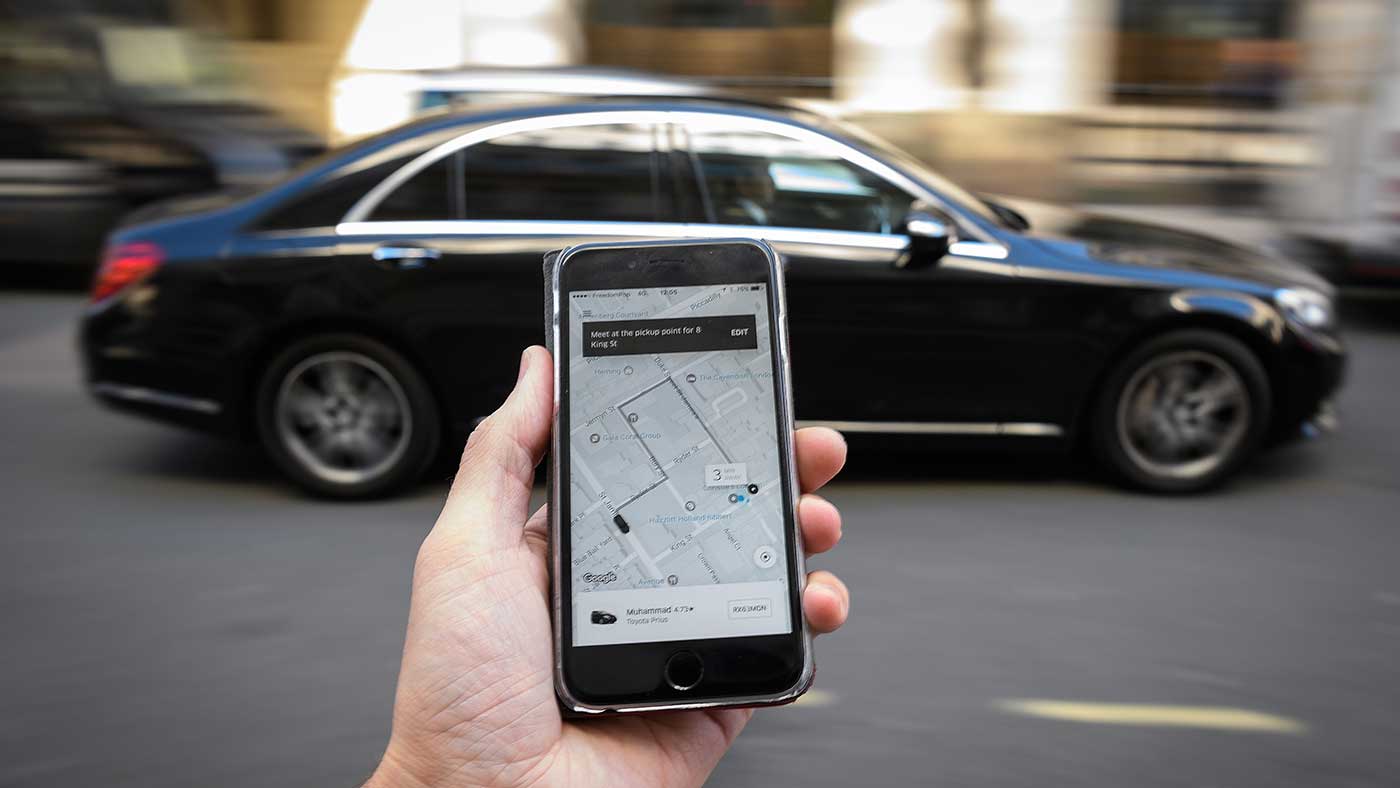 Uber’s licence renewed for two months in London
Uber’s licence renewed for two months in LondonSpeed Read Ride-hailing app lost its bid to reinstate its full operating licence in the capital
-
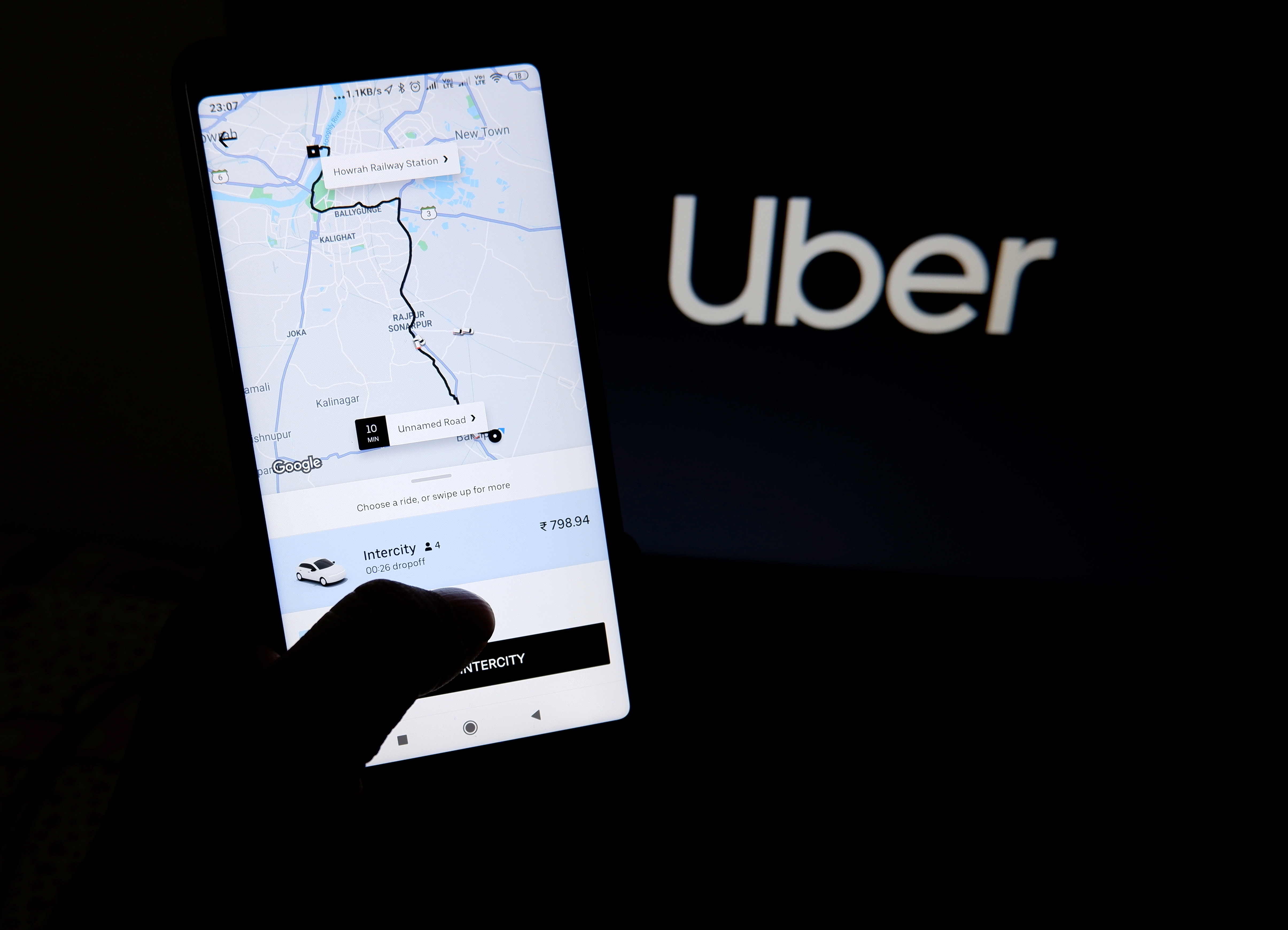 Uber reports $5.2 billion loss in Q2
Uber reports $5.2 billion loss in Q2In Depth The ride-hailing giant also revealed its slowest revenue growth ever
-
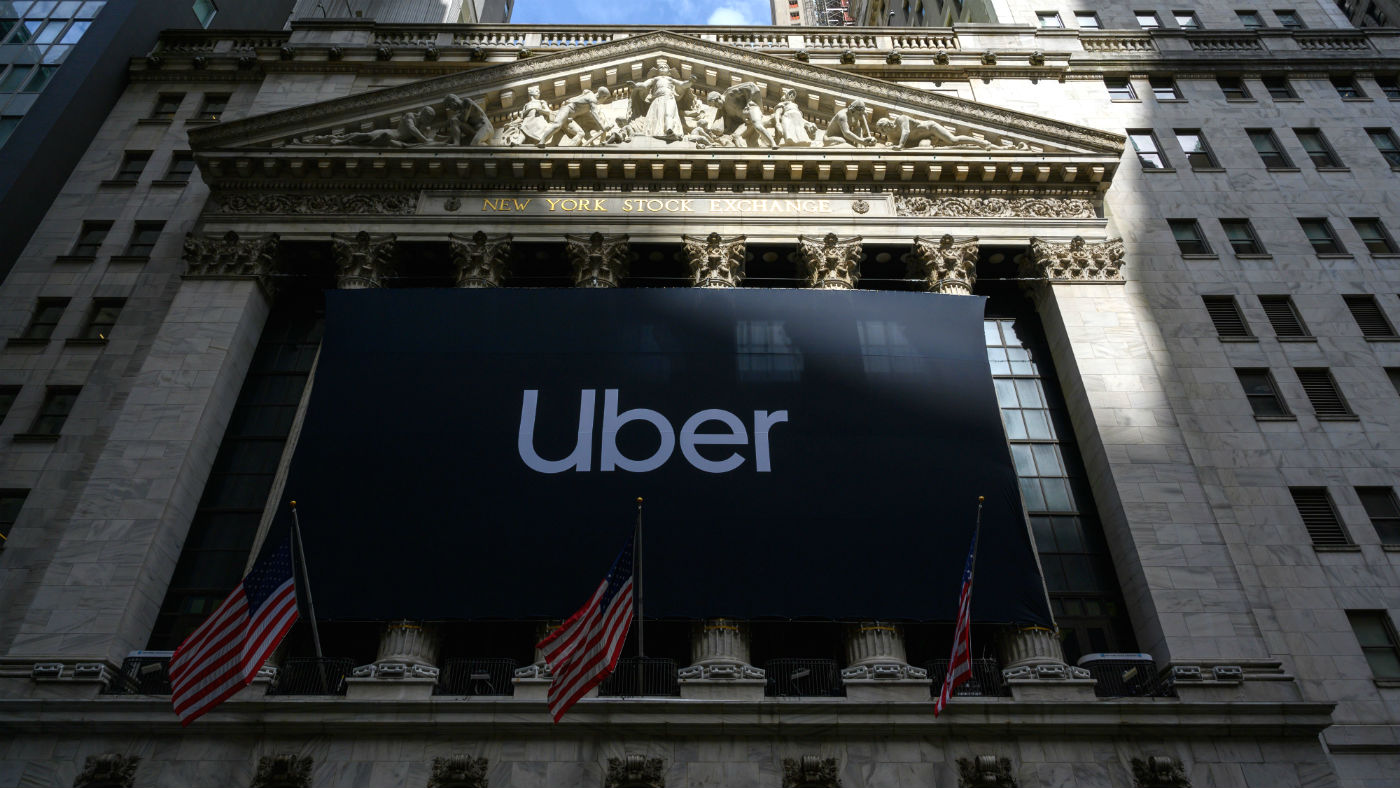 Are we headed for dotcom bubble 2.0?
Are we headed for dotcom bubble 2.0?In Depth Flotations of loss-making firms hit 2000 levels amid warning signs bubble could be about to burst
-
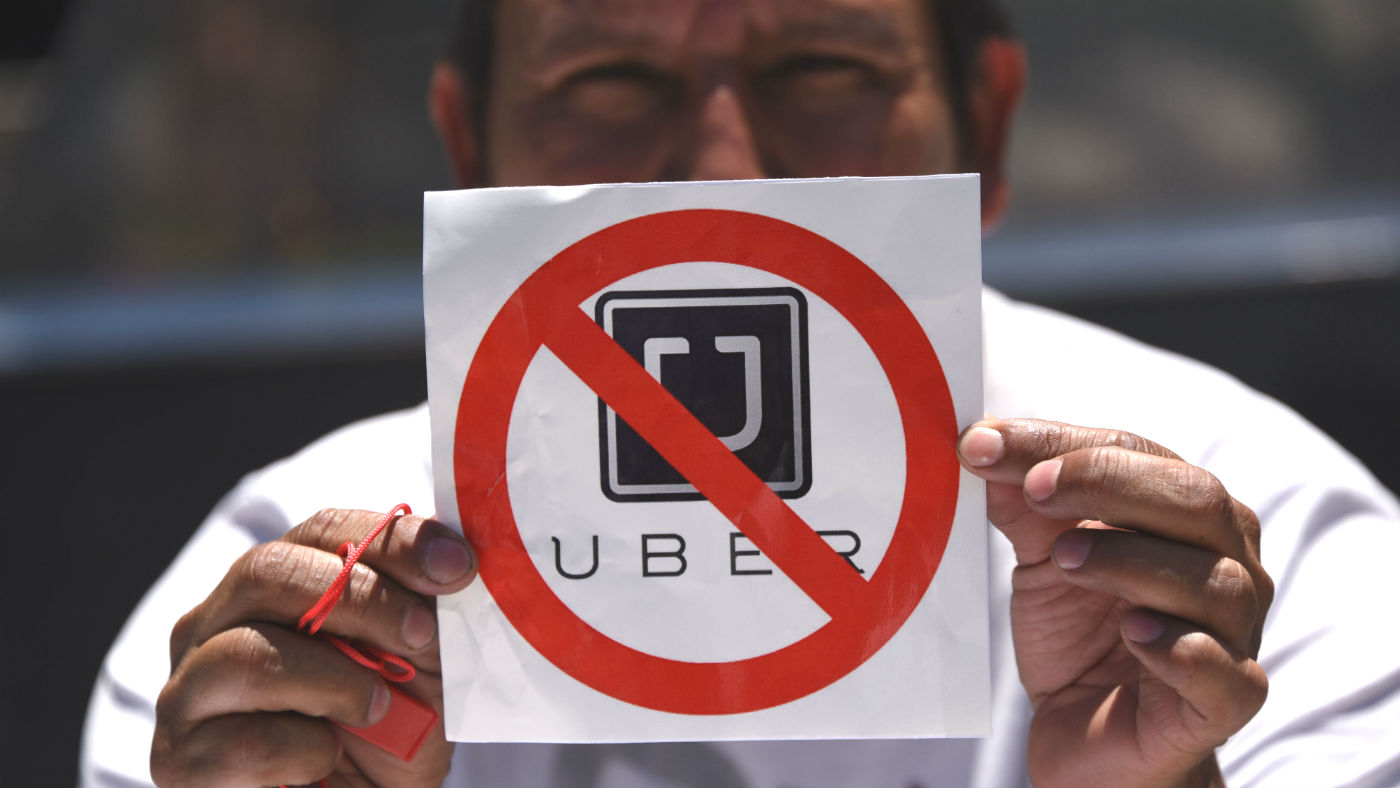 Uber drivers stage global strike ahead of IPO
Uber drivers stage global strike ahead of IPOSpeed Read Walk-out timed to coincide with Uber’s much-anticipated $100bn stock listing on Friday
-
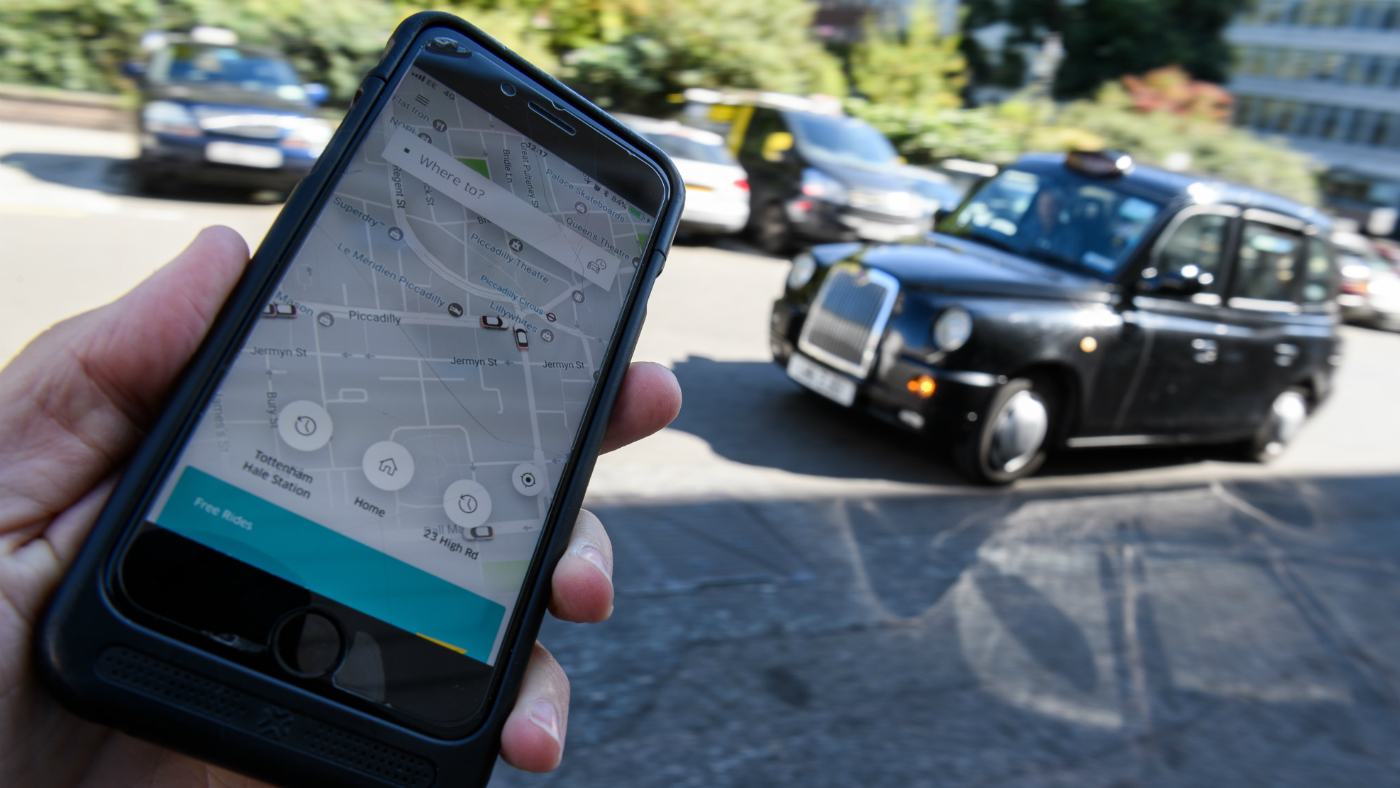 Why Uber is in court again
Why Uber is in court againSpeed Read Ride-hailing platform fighting to restore London licence